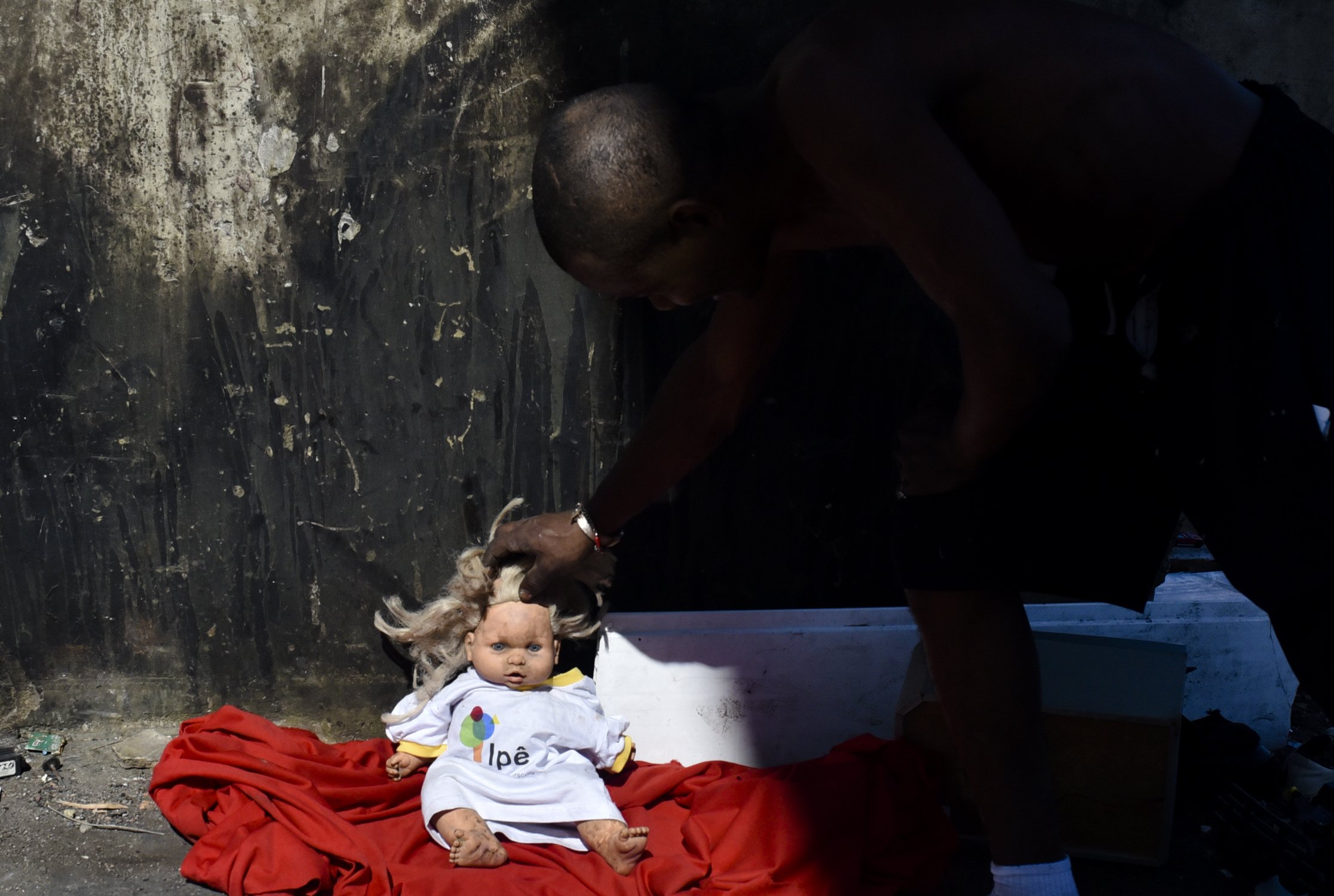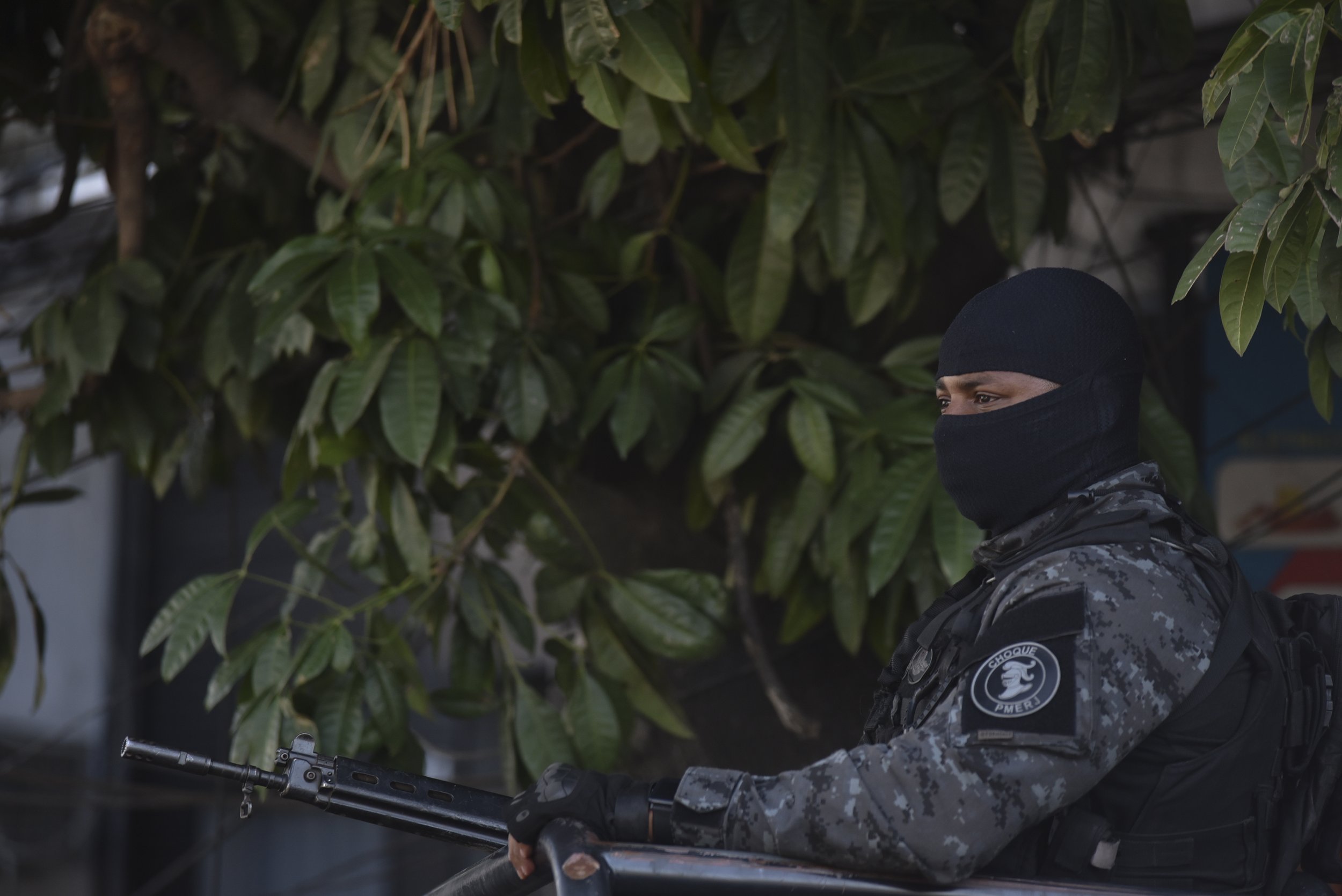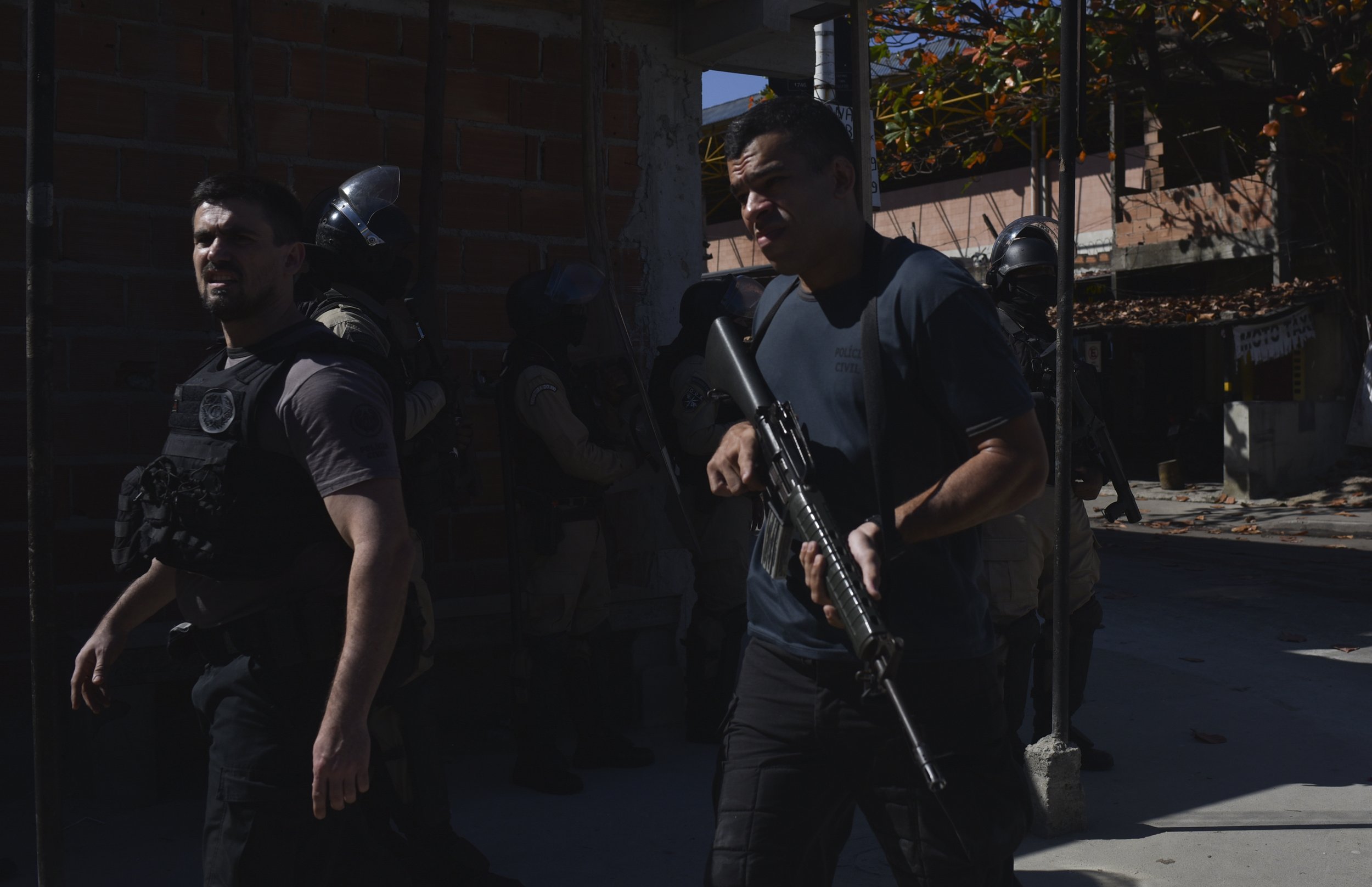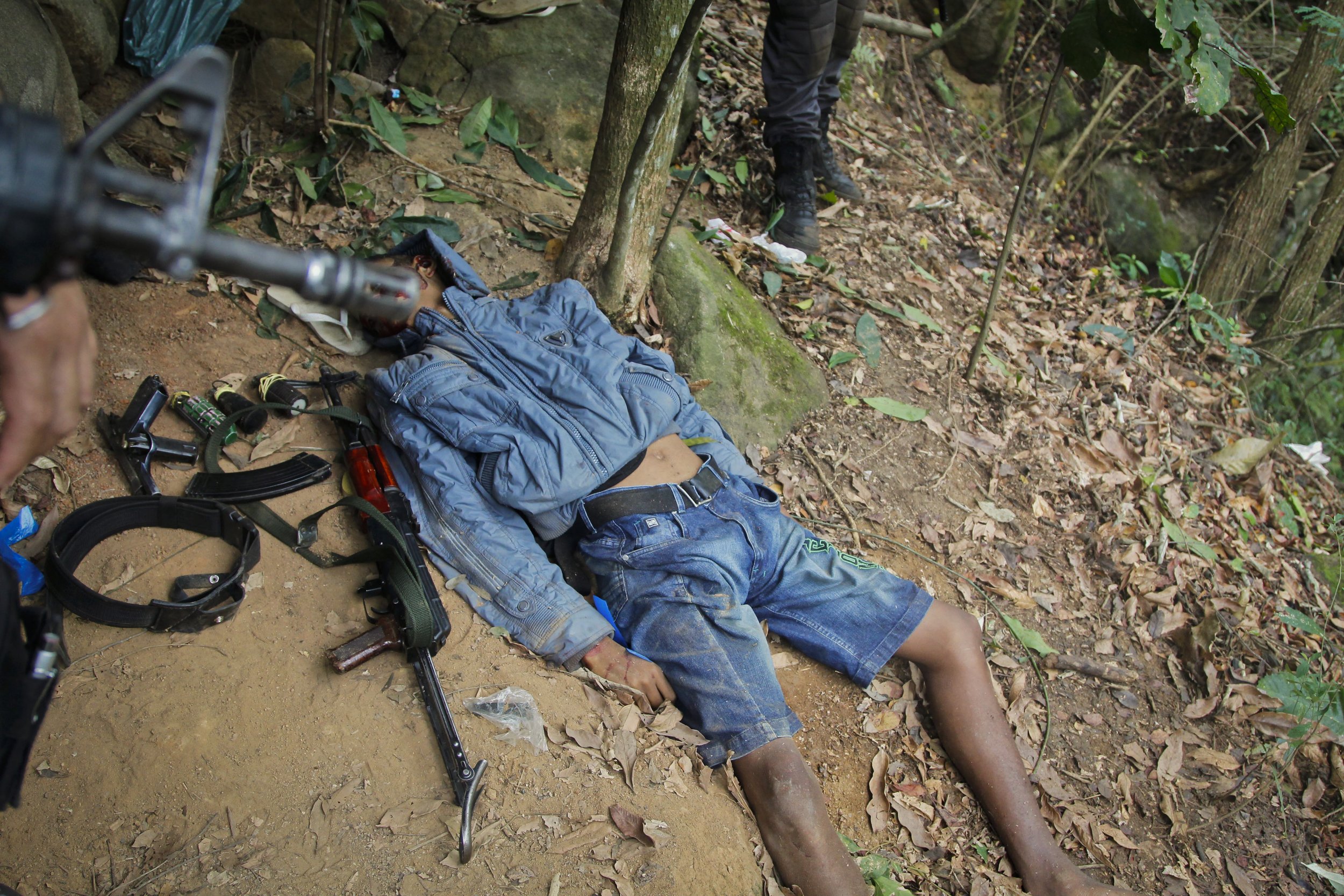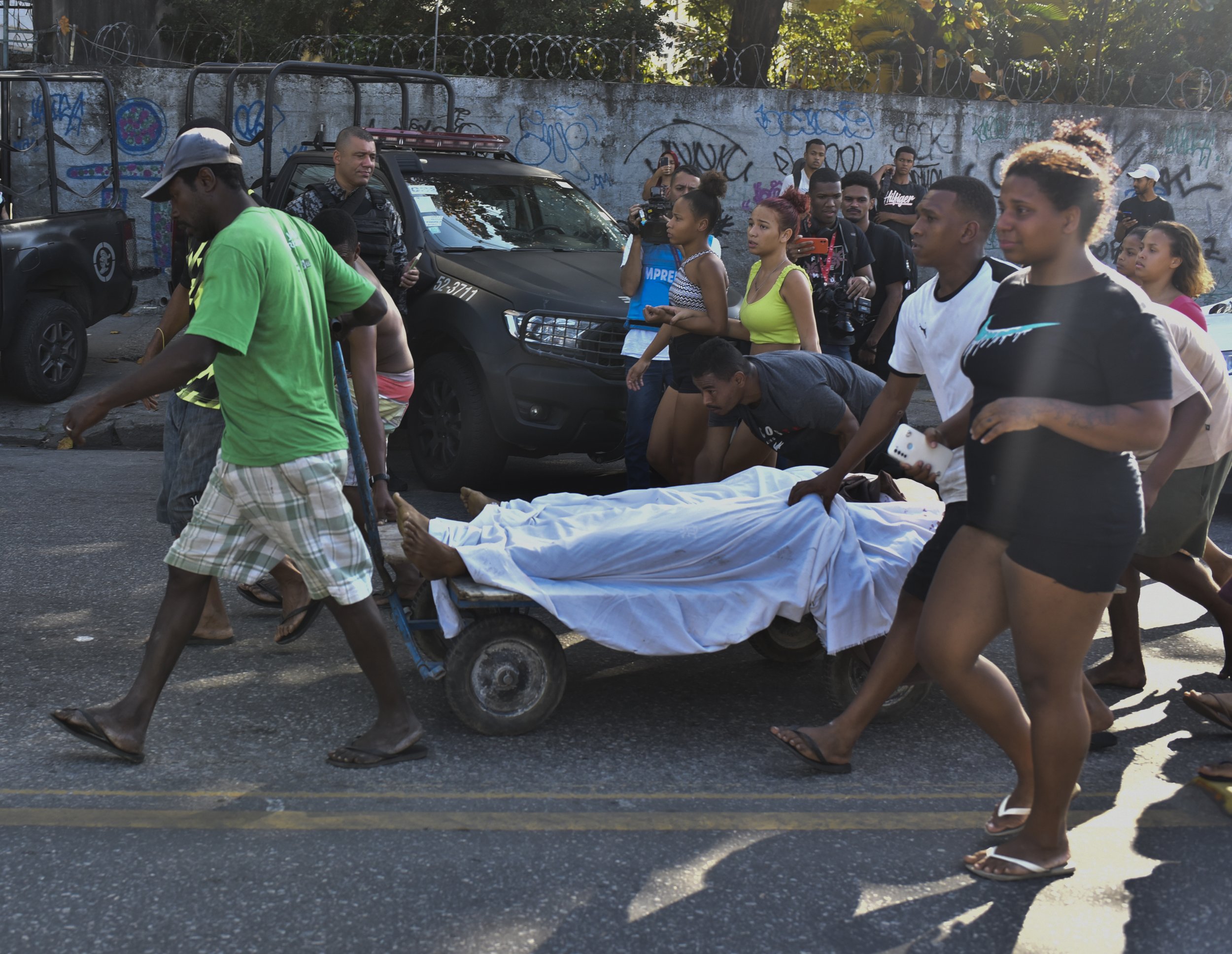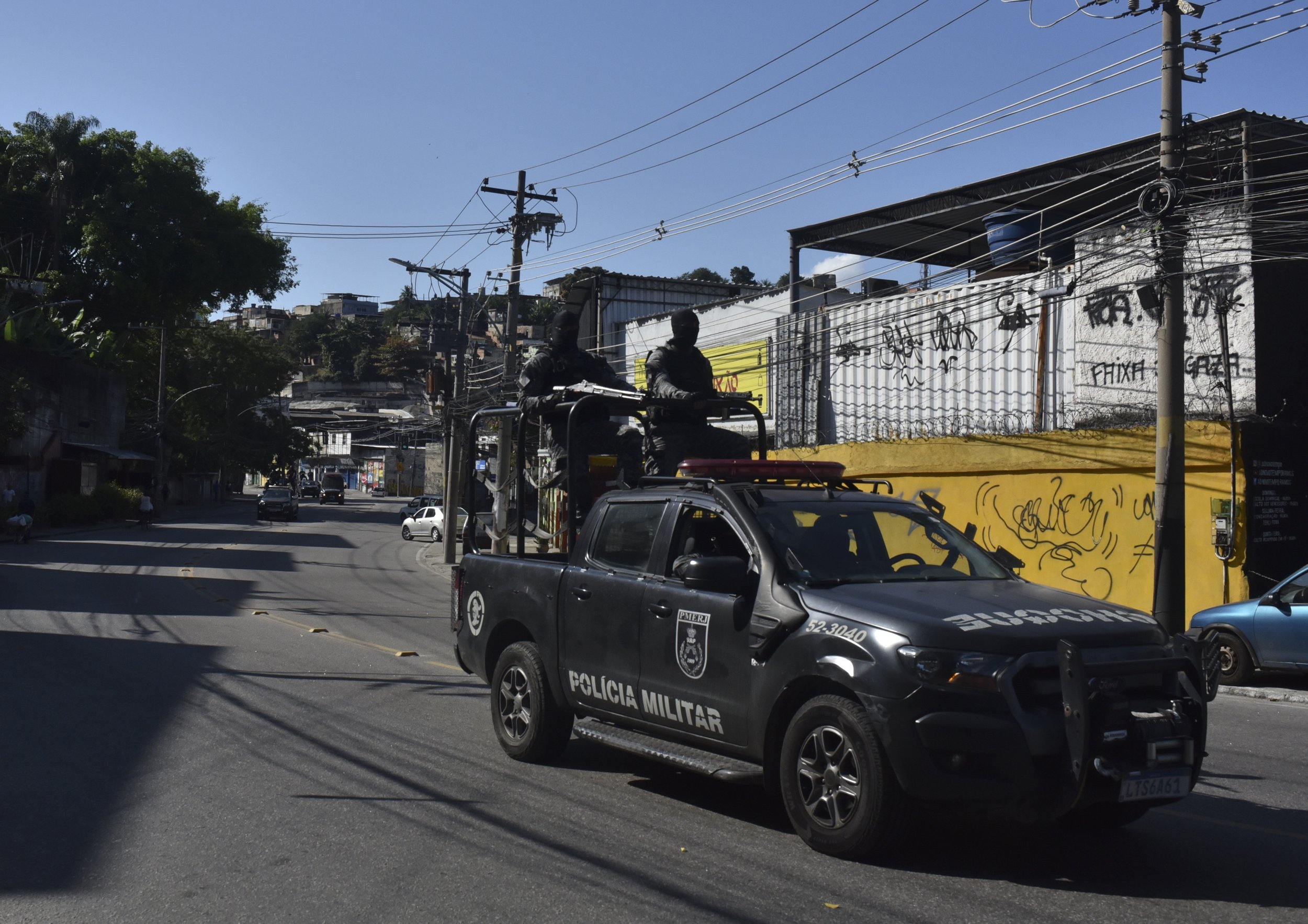New gun control policies in Brazil emulate the USA, but have starker class divides
Implementing a foreign principle on weapons policy in Brazil can further exacerbate economic inequalities.
The year 2021 was marked by legal incentives by the Bolsonaro administration to loosen restrictions around gun ownership in Brazil. In an effort to emulate the United States’ approach to guns, the president ran his election campaign on this platform, popularizing the gun hand gesture and eventually introducing 30 decrees on the subject. Of the decrees passed loosening “registration and acquisition of weapons and ammunition by hunters, collectors and shooters” (among other things), some later faced resistance from Senate. This resistance is unsurprising since, according to a census from 2019 (his first year in office), the majority of the Brazilian population strongly disagreed with the idea that loosening gun laws would translate into more public safety.
There is also widespread agreement among researchers and NGOs that lax arrangements around gun ownership will exacerbate violence, and will encourage the already existing illegal arms trade in the country to grow and cheapen. Deviation from legal arms into illegality was already an issue before these decrees, with nearly 20 thousand weapons in the 10 years leading up to 2016, when the report was published by a parliamentary inquiry commission. This means that popularizing gun culture in Brazil is not about combatting organized crime, to the contrary — it will increase its supply of weapons.
The issues with implementing a political principle from the United States regarding guns in Brazil, aside from it not even working in its country of origin, is that Brazilian society has starker wealth inequality. This class disparity is represented in the demographic which takes a stance on the gun issue.
According to the census report from 2019, “of those interviewed who said they were in favor of making firearm ownership more flexible, most earn more than five minimum wages”. Meanwhile, “seven out of ten residents of Brazilian peripheries disagreed with the flexibilization gun possession”. In other words, the vast majority of those in support of strict gun control live closer to where organized crime operates. While a wealthier portion of the population which can afford to live in so-called safer neighborhoods tend to be supportive of loosening restrictions.
In the United States, the issue of class permeates the debate on gun control from a slightly different place. A 2017 study describes “economic setbacks” as a main source of emotional attachment to gun ownership, a right which is already vastly granted in the country. This means that in the US, financial insecurity may motivate gun ownership — as a source of empowerment.
The demographic of Brazilians who earn at least five times more than minimum wage may not be as distant from the demographic in the United States of people who feel economically disenfranchised. The social and historical context, however, informs not only how this demographic is described, but also how these individuals describe themselves. Someone who considers themselves upper middle class in Brazil could be considered lower middle class in the United States. Nevertheless, an aversion towards poverty, and the poor, is a common ground.
Gender and race also mark gun control sentiments in both countries. In the US, those “who have expectations about what it means to be a white man in America today that are not being met” are more likely to be interested in gun ownership. In Brazil, race is more difficult to dichotomize due to a colonial history which encouraged miscegenation as opposed to segregation. Nevertheless, race does tend to follow class lines, since black Brazilians make up over 70% of the poorest segment of the population, and whites make up 70% of the richest. Considering these numbers, it should be noted that, in both countries, poorer black people are more likely to become victims of gun violence.
Another major concern around loosening gun laws, perhaps more so in Brazil than in the United States, is a potential increase in femicide. “The term ‘femicide’ (femicidio) was particularly embraced in Latin America”, but it doesn’t mean it’s more widespread in that region. Brazil’s off-the-charts level of violence against women is a direct result of the fact that there has been an effort to name the issue. In the US, categorizing femicides as any other homicide may mask the fact that 92% of them are perpetrated by men the women knew. Apprehension around stating that these homicides happened because these victims are women doesn’t change the fact that the majority of the assailants are their boyfriends or husbands. It also doesn’t change the fact that “poverty is associated with domestic abuse”. Making it easier to own guns and keep them in family homes will likely exacerbate the already existing issue of domestic violence and the vulnerability of women faced with financial insecurity.
For each situation a gun can be used to protect a family from a break-in, there are several other situations where this gun can be used to inflict harm on this family, either by inflaming domestic violence, expansion of the illegal arms trade by organized crime, or disproportionally victimizing marginalized households.
Trigger Warning — The photos below are disturbing and show death.
Operation of the Military and Civil Police, July 21st, leaves 19 dead in Complexo do Alemão | Photos by Fabio Teixeira
The Role of the Police
Police operations in Brazilian peripheries are notoriously deadly, and those killed are often uninvolved in criminal activities. They are just at the wrong place at the wrong time. If law enforcement institutions were excelling at their job, there would be no need for the State to transfer the responsibility of providing security to civilians. However, Bolsonaro’s encouragement of force, of violence, resonates with military police officers — who often become his avid supporters. As a researcher of public safety puts it, for an individual to support a politician who encourages amateurs to take on a role which is one’s professional responsibility is a "merely ideological question, not practical". This ideology, which loosely signifies traditional family values, conservative religious principles and gender roles, have no practical bearing in lowering violent crime rates, combatting organized crime, or protecting families in their homes.
Last month, nearly 20 people were killed in a shoot-out between the military police and alleged drug traffickers in a neighborhood of Rio de Janeiro called Alemão Complex. Less than half of those killed had criminal records, at least two of them weren’t suspects at all, and one was a cop. This scenario is reoccurring; a recent report by the federal university of Niterói (UFF), financed by a German political foundation called Heinrich Böll, states that between 2007 and 2021, “17,929 operations were carried out by police in Rio de Janeiro. Of this total, 593 police operations resulted in massacres, totaling 2374 deaths.” There is no evidence showing these operations have been effective in combatting or stifling organized crime organizations, they have been effective in sustaining a prolonged reign of terror in marginalized communities.
The one thing everyone seems to agree on is that wealth inequality is progressively becoming intolerable. Poverty, crime, and the need for a safer society are concerns which possibly transcend ideological lines. The question is what the practical steps are to improve a social condition which leads to brutal violence from north to south of the globe. Could the solution be more guns, or more human dignity?
MIRNA WABI-SABI
is a writer, editor and translator. She is founder and editor-in-chief of the Plataforma9 initiative, author of the bilingual pocket book Anarcho-Transcreation, and site editor of Gods and Radicals.

